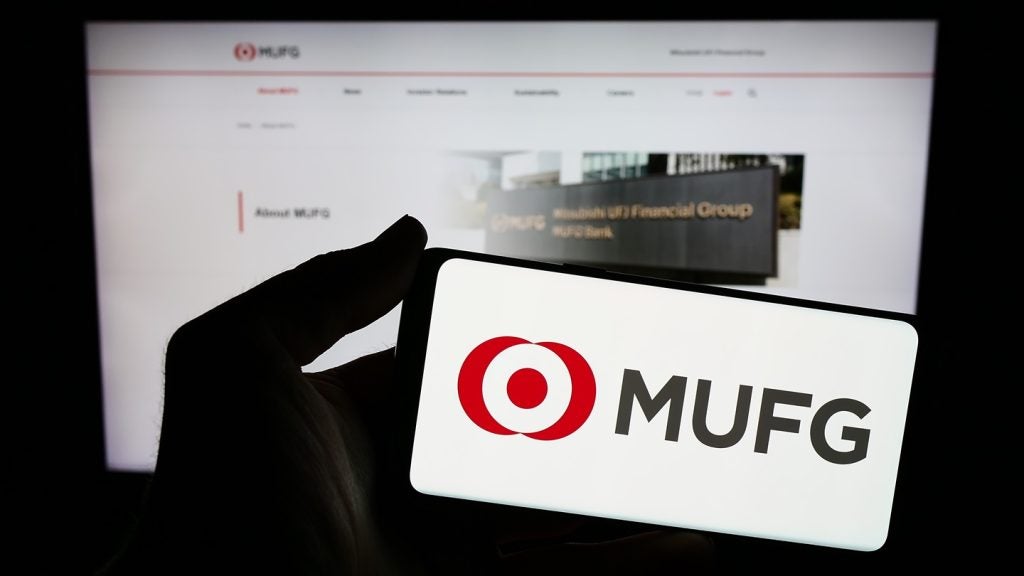Local private banks in Australia
have been taking market share from their international rivals and
growing through acquisition in the last two years. They are still
finding it hard, however, to expand organically because of the
shortage of quality relationship managers in the country. Lachlan
Colquhoun reports.
In the private banking industry, a
common theme is that it is always hard to recruit appropriate
relationship managers. According to Tim Chilvers, general manager
of the Southern State regions for the National Australia Bank’s
Private Bank, that comment is particularly appropriate in the
Australian market, where private banking is still a relatively new
phenomenon.
“The reality is that the private wealth
industry has simply not grown enough people to meet the demand for
client services,” says Chilvers, who returned to the NAB year,
where he began his career, after stints with Citibank and local
rival CBA.
“The number of candidates here is not in step
with the demand. I hear that some of our competitors have large
aspirational recruitment targets of upwards of 50 or 100 private
bankers, but the reality of that is we are so discerning about who
we recruit that we struggle to find a handful.
“We find it difficult to find the
uncompromising service ethic and commitment to the delivery of
exceptional solutions to private clients so the prospect of finding
them en masse is somewhat puzzling to us.”
How well do you really know your competitors?
Access the most comprehensive Company Profiles on the market, powered by GlobalData. Save hours of research. Gain competitive edge.

Thank you!
Your download email will arrive shortly
Not ready to buy yet? Download a free sample
We are confident about the unique quality of our Company Profiles. However, we want you to make the most beneficial decision for your business, so we offer a free sample that you can download by submitting the below form
By GlobalDataChilvers says the NAB recently recruited two
senior people from European banks: one from a privately owned Swiss
bank and the other from Coutts, with the idea of these two hires
“forming the background” of the bank’s “human strategy.” On average
the NAB averages between 90 and 100 relationships for each client
manager, though at the upper levels of wealth managers may have 30
to 50 clients.
“There are two types of candidates we see,”
says Chilvers.
“There are those who have grown up in the
private client areas of commercial banks and what we find is that
they have a skill set that reflects the evolution of an immature
segment.
“So when we start looking for people who are
going to shift the perception of our brand and shift our
capabilities from within and form the service ethic around which
our private client business has to be built we need to look
elsewhere, and sometimes that means bringing the very best people
through the bank, and sometimes its about bringing in lateral hires
from professional service organisations which have a similar
philosophy to ours, which is a vision of partnership.”
The NAB’s search for suitable private bankers
is emblematic of the growing pains of what is still a young
industry in Australia. Despite the country’s affluence, Australians
have long chosen to manage their own wealth and the local
institutions have only recently embraced wealth management, not to
mention the upper echelon of private banking services.
The NAB’s experience in private banking is
fairly typical of how the industry has evolved among Australia’s
Big Four domestic banks. The NAB is strong in business banking, so
at its inception around 10 years ago the NAB Private Bank sat in
the business banking area, where the thinking was that it could
access the business owning entrepreneurs who are the backbone of
that area of the bank.
New model
Several incarnations later, and new NAB
chief executive Cameron Clyne has a new model. Since early 2009 the
private bank now sits in NAB Private wealth, a unit within wealth
management arm NAB and NAB Wealth.
The idea is that the new division will draw on
various arms of NAB Private Wealth, from estate planning to private
custody and trustee services, and provide advice and investment
solutions to high net worth clients.
In structure, Will Hamilton is general manager
of the division, reporting to the general manager of NAB Private
Wealth, Angela Mentis. Tim Chilvers, who rejoined the NAB just
before the restructure, also reports to Mentis.
Chilvers says the private bank has a loose
criteria to target clients who either earn A$250,000 ($230,000) a
year or who have A$2.5m in total assets. But within that, he says
the service offering is based on a segmented approach, not a
“one-size-fits-all” strategy which may not have worked so well in
the past.
“Seriously wealthy establishment families often
have very different needs to high income 30-something professionals
who are pay as they earn taxpaying employees with similar earning
partners,” says Chilvers.
“These double income professional units are
cash flow rich but time poor and typically not all that asset rich
either, and their primary focus in selecting a private client
service provider is ‘give me what I want and do it reliably’,
reduce the personal administration with that and want you to
participate in bringing ideas to me that can be implemented
smoothly without too much of a time burden.
“At the other end of the spectrum when you get
into the establishment families, because they have staff they are
not so interested in one stop shopping or slick delivery, but they
favour the best ideas in each segment more than they do the ease of
execution.”
In terms of product, the NAB has formed a group
called origination services within the wealth business which is
mandated to find the best ideas for clients both from inside and
outside the bank, ranging from tax and estate structuring to
investment opportunities. At a retail product level, the NAB offers
a high cash management product with a high rate of interest and
linked to cheque, credit card and debit card facilities.
Chilvers says that by metrics such as customer
satisfaction, retention and acquisition the NAB Private Bank is on
track for growth. The global financial crisis, while disastrous for
many institutions, has had an upside for the NAB.
“Operating a private client business under a
brand like NAB, which is one of the safest banks in the world, has
been very reassuring for clients who may have gone to boutique
institutions in a different environment,” says Chilvers.
“It is a different form of risk aversion. It
is not around thinking an organisation will go broke because there
are many organisations less safe than NAB which won’t go broke and
everyone knows it. It is really about the fact that people expect
that NAB having called out reputation as a strategic priority will
do the right thing at a time when others might make different
choices.”







